This post was written by S’18 alumna Audra DeLaney. Audra enjoys visiting the ocean, going on adventures, and telling the unique stories of the people and places around her.
Devon Parfait (F’18) first encountered Williams-Mystic at a geosciences conference in fall 2017. Little did he realize the type of educational experience that would await him less than a year later.
At the conference, Devon met two geoscientists connected to the program: Ronadh Cox, a professor of geology and mineralogy at Williams College, and Lisa Gilbert (S’96), Williams-Mystic’s oceanography professor.
Devon was at the conference in his capacity as the future chief of the Grand Caillou/Dulac Band of Biloxi-Chitimatcha-Choctaw Indians in Southern Louisiana. Ronadh Cox connected Williams-Mystic with Tribal Chief Shirell Parfait-Dardar in 2014. Now, every time the program travels to Louisiana, Williams-Mystic students meet with Chief Shirell and other community leaders to discuss the effects of climate change on her community.
For Devon, taking on the role of chief is a major responsibility. He believes that his experience at Williams-Mystic will help equip him to assume the role.
Williams-Mystic also changed Devon’s perception of the world and of himself. Sailing on the SSV Corwith Cramer was a catalyst for this change in his life.
“I was able to be my true self,” Devon said. “I had a feeling of pure joy and happiness that I never could have gotten anywhere else.”
Devon said being disconnected from the world outside while on the ship made him feel as though he was truly living in the moment.

Devon also enjoyed traveling to the West and Gulf Coasts.
“All of the field seminars were absolutely incredible, and I felt so safe and comfortable traveling with Williams-Mystic,” Devon said. “Being in the vans was fun and I was impressed by the ways the staff and faculty did their jobs.”
In the Pacific Northwest, Devon did not feel the need to worry about food and traveling; he felt like he could enjoy the experience with his classmates. Devon has a vivid memory of being on Agate Beach, Oregon with Lisa Gilbert and talking to her about school and how she decided to pursue her Ph.D.
The Gulf Coast Field Seminar, meanwhile, was a trip home for Devon.
“It was really cool to be in Louisiana with Williams-Mystic and it was really nice for my classmates and professors to have me as their personal connection,” Devon said. “They were then connected to me and Louisiana. It was a great way for them to see who I really was and where I came from.”
For his classmates and faculty, Devon said, the field seminar was an opportunity to see Louisiana through his eyes. For Devon, meanwhile, the field seminar was an opportunity to see his home through the lens of Williams-Mystic.
“It was incredible to be [from] where I was from and see all the negative impacts on the environment and how that affects the community,” Devon said. “It was valuable and there were things that I learned about my community and state I would not have known otherwise.”
Travel is a large component of the Williams-Mystic experience, but so is research. Williams-Mystic makes it possible for students to utilize their curiosity to complete research projects that matter to them.
In Devon’s maritime history class, he researched the changing role of doctors from the 1700s through the modern era and looked at how these changes affected medical practices at sea.
In his literature class, Devon chose to focus his Moby-Dick research paper on cannibalism, savagery, and sharks.
“The whole book is meant to change the readers’ perceptions and has so many different hidden meanings throughout,” Devon said. “I wrote about how these perceptions change the way in which we view who were the real savages during this time.”
Devon credits Williams-Mystic with creating the supportive environment that helped him write and organize his paper.
“For the Moby-Dick paper, I definitely tried to organize it too much at the beginning,” Devon said. “Random quotes and summaries of the chapters filled the boards in Carlton [the James T. Carlton Marine Science Center].”
Many of the summaries and quotes did not make it into his final paper. However, he learned more from this in-depth research than he would have had he not tackled the novel in this way.
The same can be said for Devon’s Oceanographic Processes project. The opportunity to take this class was one of the main reasons he wanted to attend Williams-Mystic. Devon chose to research coastal erosion at the Barn Island salt marshes and in the Mystic River Estuary. In fact, his research was one of the first Williams-Mystic student projects to compare the two locations. He studied mussels and Spartina, a common marsh grass, while also looking at biodiversity and erosion.
Finally, in marine policy, Devon delved into ways that the California State Lands Commission might incorporate the perspectives and needs of traditionally marginalized communities into the way the commission manages public lands in the San Francisco Bay area.
“The goal was to help create policy recommendations that would allow lessees to better define the environmental justice communities they work with using a combination of tools that are available,” Devon said.
Aside from the research projects, participating in nineteenth-century maritime skills classes is another component of Williams-Mystic’s educational model. Devon chose to take shipsmithing — a nineteenth-century style blacksmithing class.
“Shipsmithing gives you the opportunity to have something tangible to bring home from each lesson,” Devon said. “You can go in and relax and work and have a good time.”
All told, Devon credits Williams-Mystic for challenging him in ways he never could have imagined — and changing his life for the better.
“I would never exchange this experience for anything else in the world,” Devon said. “It has taught me how to be a better academic and about the value of real connections. It is so exciting to see so many intelligent and young minds care about so many different issues.”


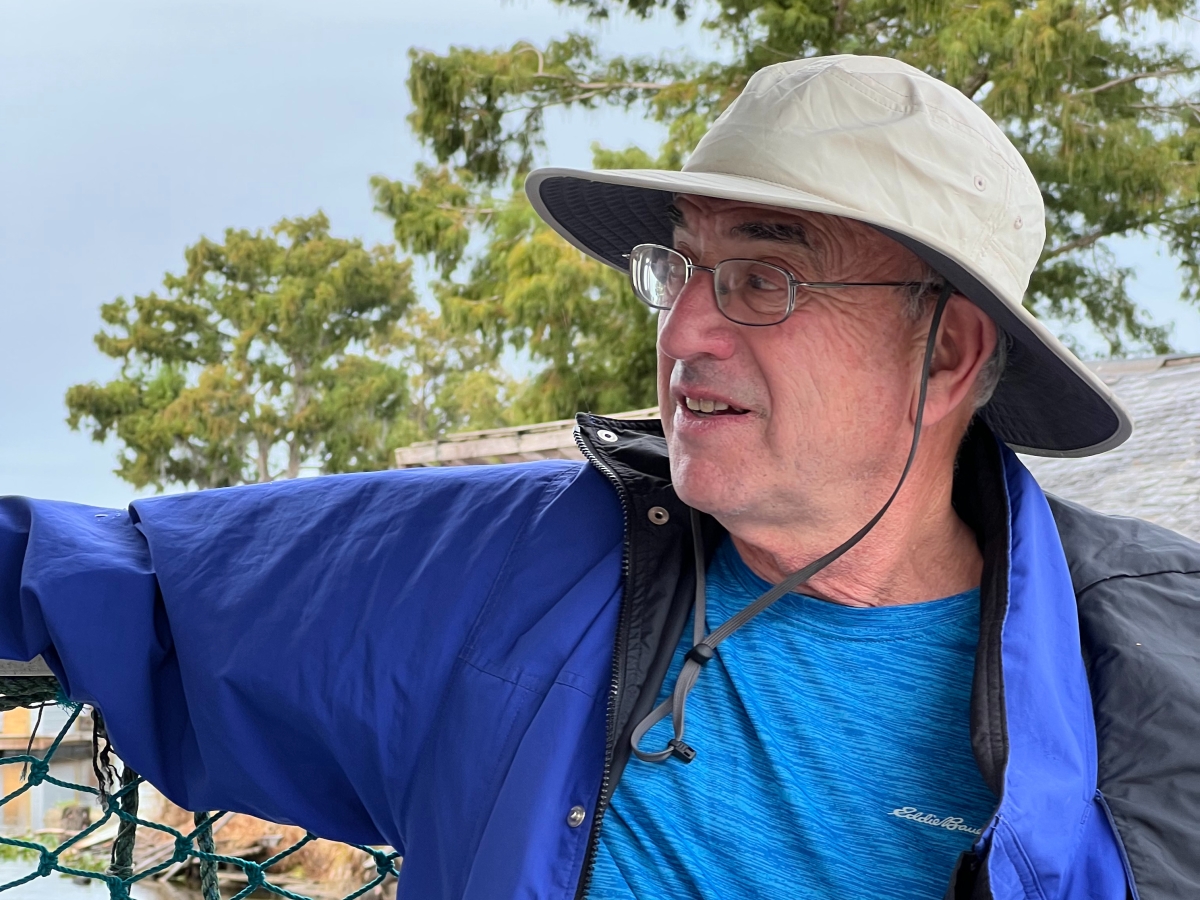
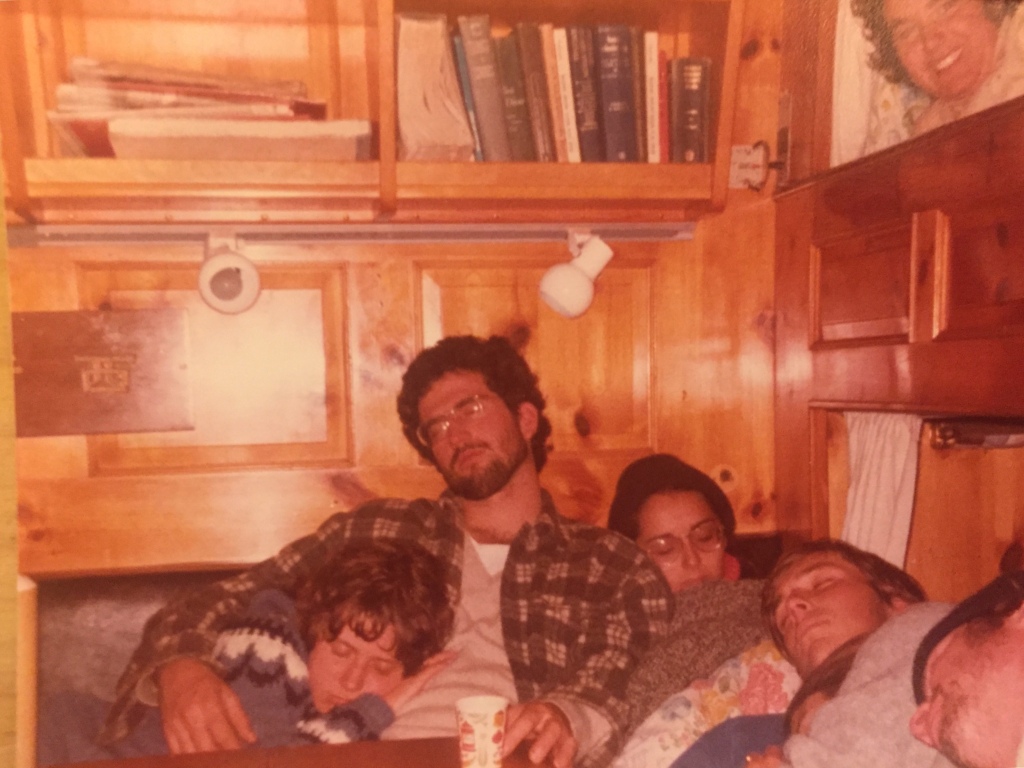
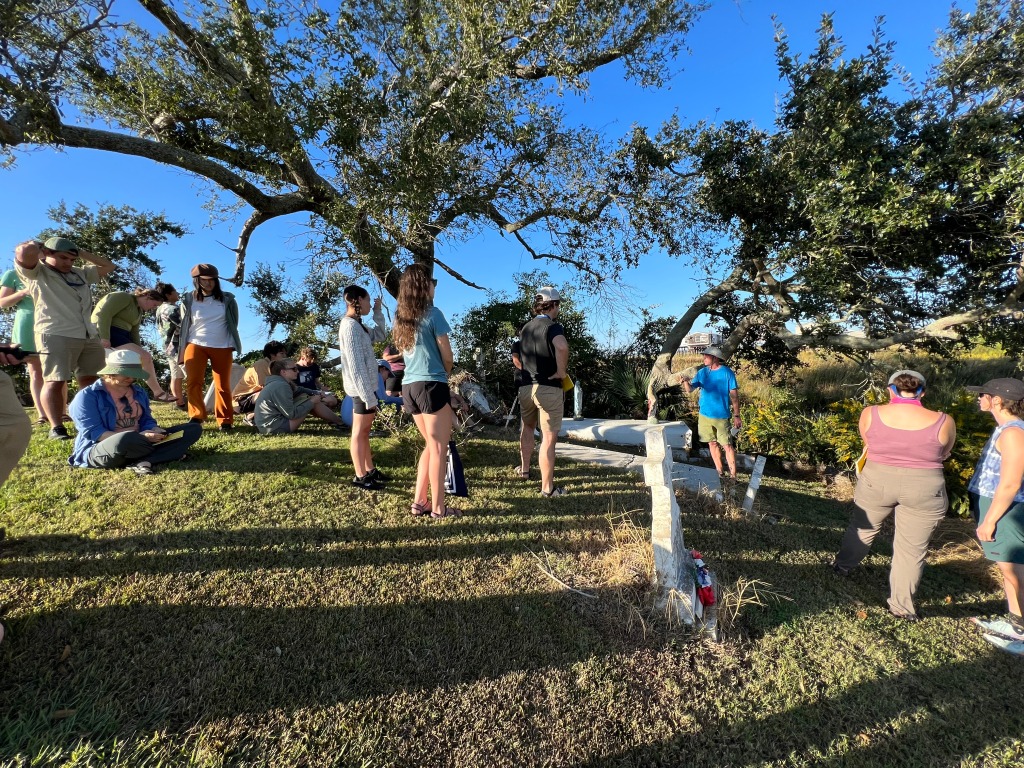
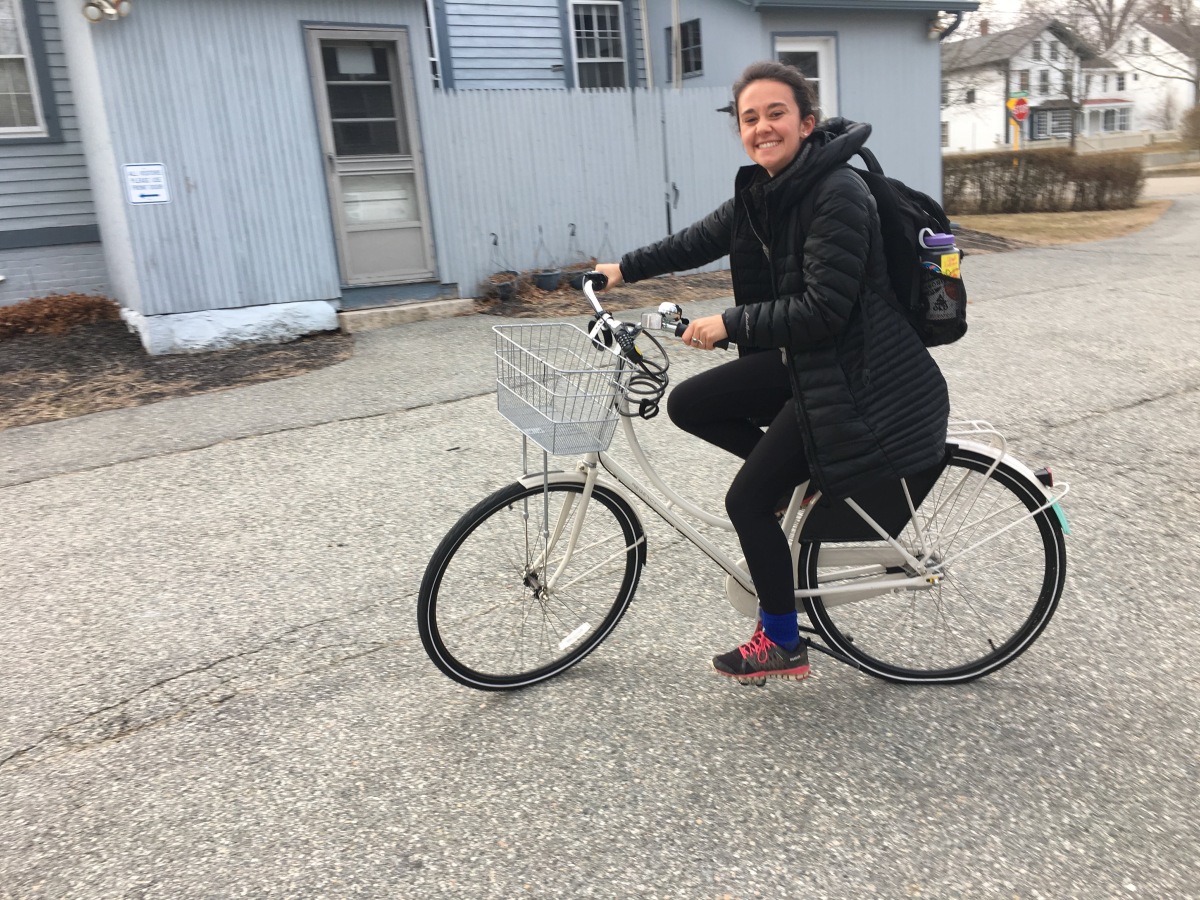

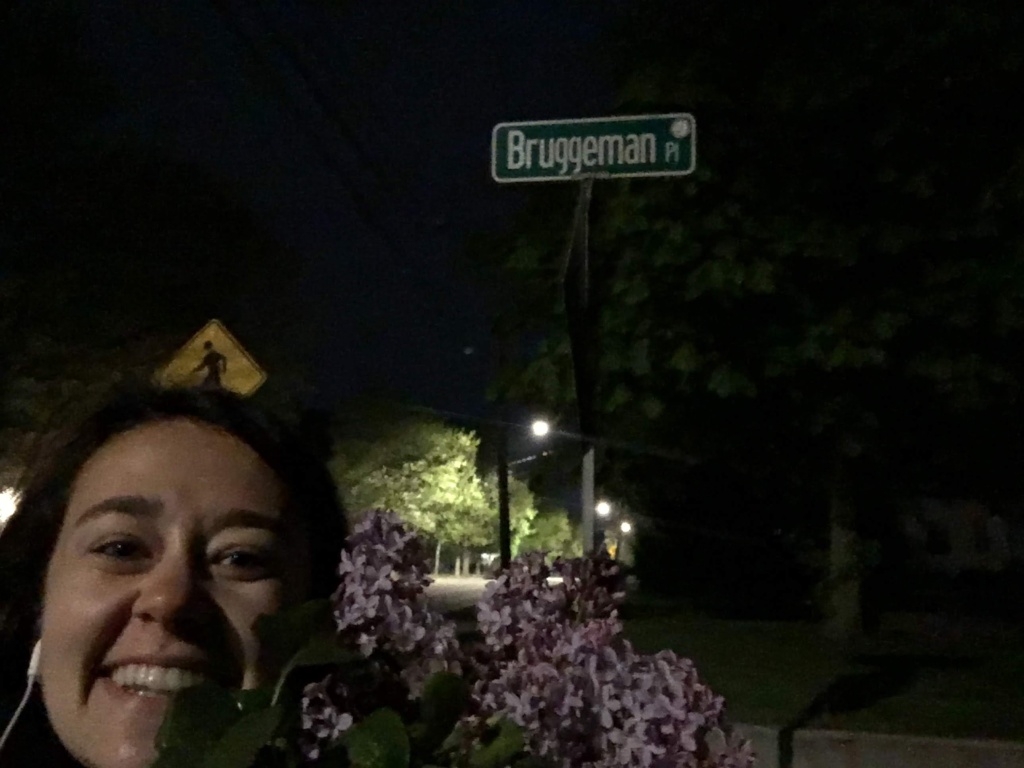
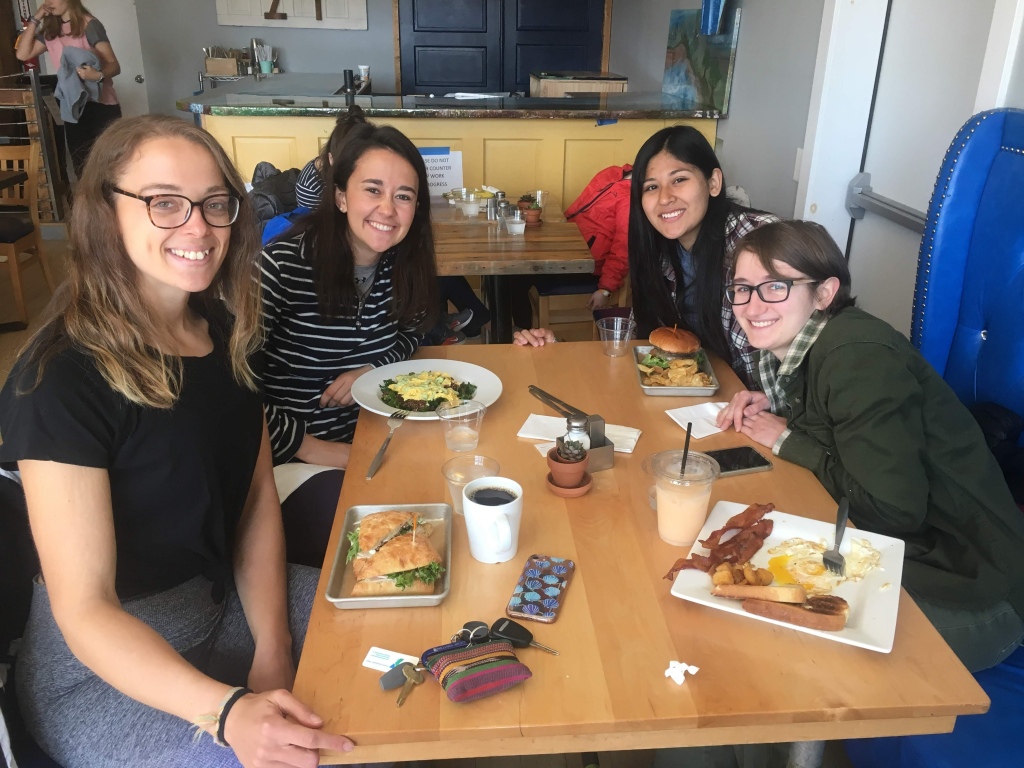
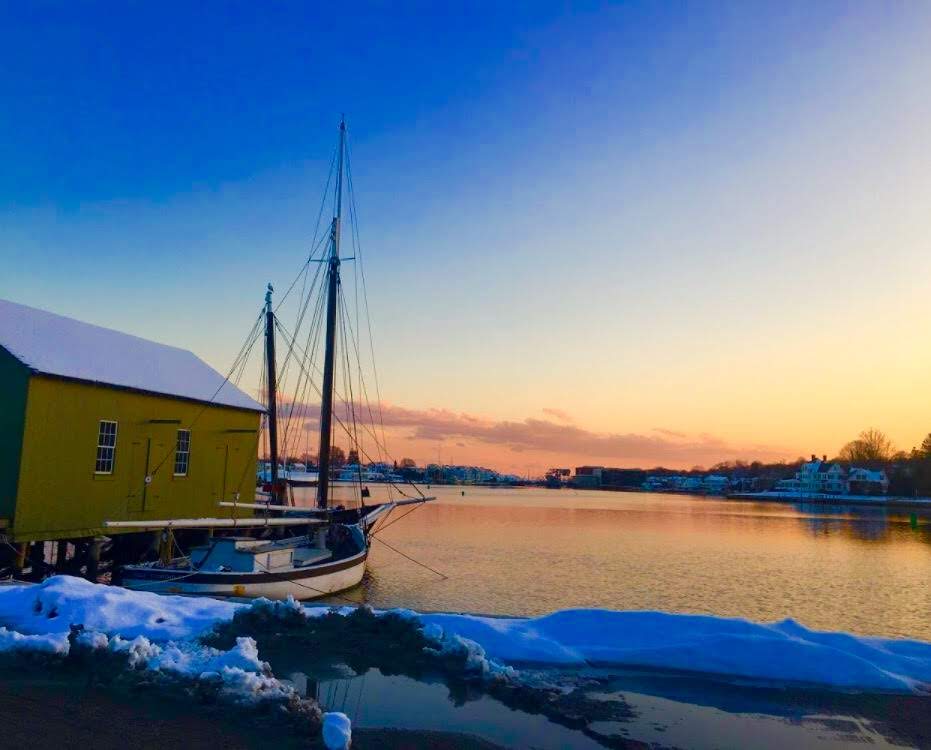
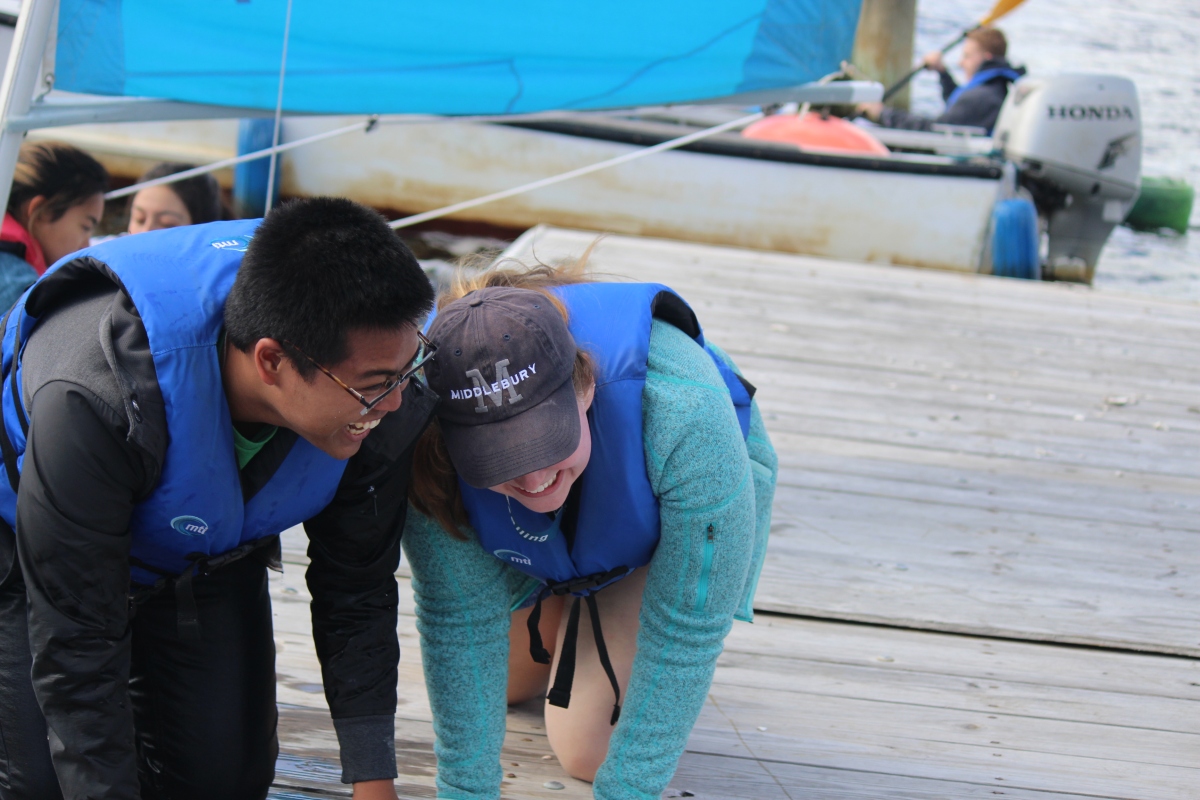

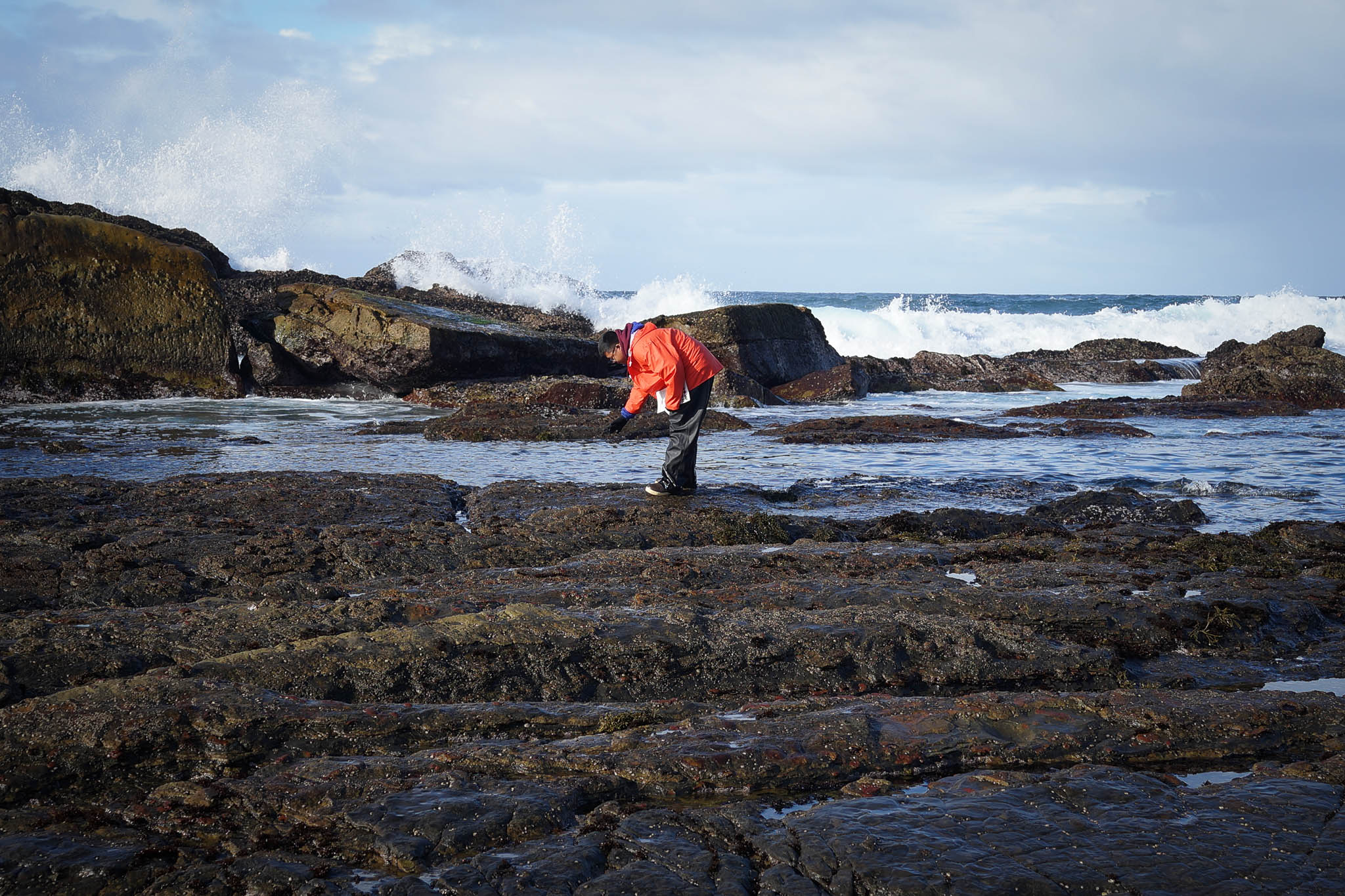 Many of my classmates at Williams have a hard time differentiating the “water” component from “maritime studies.” You do not have to be interested in marine science or marine policy to find this program fulfilling; my classmates had majors in Classics, Math, Biology, History, and many other subjects.
Many of my classmates at Williams have a hard time differentiating the “water” component from “maritime studies.” You do not have to be interested in marine science or marine policy to find this program fulfilling; my classmates had majors in Classics, Math, Biology, History, and many other subjects.



















